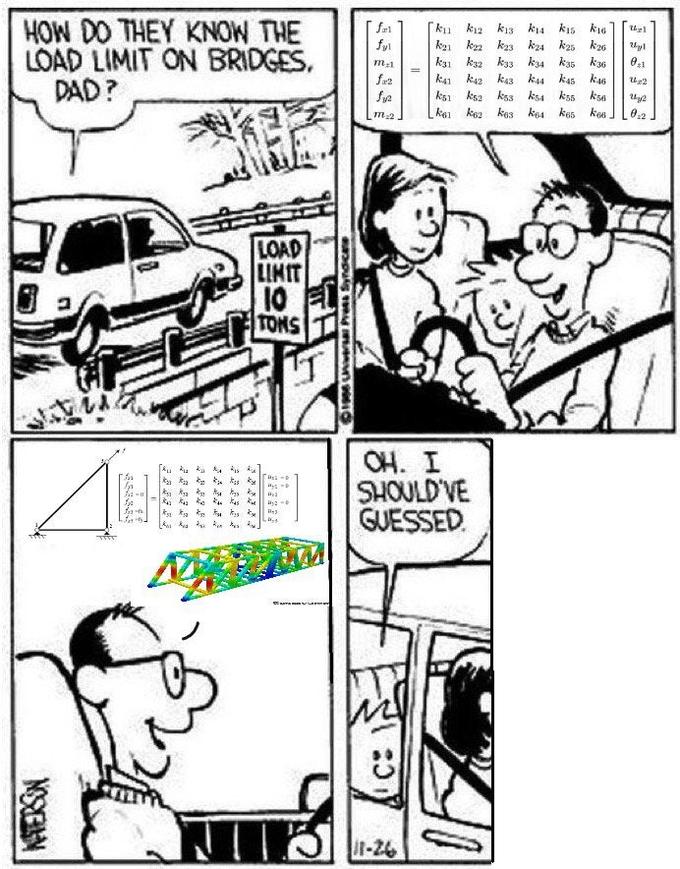I read "Autism" as "Austin" the first time I saw this post
Autism
A community for respectful discussion and memes related to autism acceptance. All neurotypes are welcome.
We have created our own instance! Visit Autism Place the following community for more info.
Community:
Values
- Acceptance
- Openness
- Understanding
- Equality
- Reciprocity
- Mutuality
- Love
Rules
- No abusive, derogatory, or offensive post/comments e.g: racism, sexism, religious hatred, homophobia, gatekeeping, trolling.
- Posts must be related to autism, off-topic discussions happen in the matrix chat.
- Your posts must include a text body. It doesn't have to be long, it just needs to be descriptive.
- Do not request donations.
- Be respectful in discussions.
- Do not post misinformation.
- Mark NSFW content accordingly.
- Do not promote Autism Speaks.
- General Lemmy World rules.
Encouraged
- Open acceptance of all autism levels as a respectable neurotype.
- Funny memes.
- Respectful venting.
- Describe posts of pictures/memes using text in the body for our visually impaired users.
- Welcoming and accepting attitudes.
- Questions regarding autism.
- Questions on confusing situations.
- Seeking and sharing support.
- Engagement in our community's values.
- Expressing a difference of opinion without directly insulting another user.
- Please report questionable posts and let the mods deal with it. Chat Room
- We have a chat room! Want to engage in dialogue? Come join us at the community's Matrix Chat.
.
Helpful Resources
- Are you seeking education, support groups, and more? Take a look at our list of helpful resources.
Is this physics?
It's physics for computers, specifically the Direct Stiffness Method. The formal definition of what you send into a computer for stress analysis involves a whole lot of matrixes. You turn a structure into tiny little nodes not unlike pixels or voxels. Each point can be connected to other elements, and these connections have unique internal linear or twisting "stiffness", like a spring has. Think how a spring and a stick of wood resist squishing and bending. They can be expressed as one massive square (important!) matrix. The equation in the third panel is essentially a mega version of Hooke's law:
F = ku
"The vector of forces on the nodes = the matrix containing all information of the stiffness of the connections * the vector of positions of the nodes".
This is a linear algebra problem, the easiest type of problem for a computer with a GPU. We can insert the known positions and forces on the bridge and solve for all unknown positions. If a truss on a bridge is calculated to experience too much force than it can handle, you can say that the bridge will fail under those conditions.
Oh I should have guessed.
It's the matrix
It's so difficult to not do this, even when I'm well aware of it
Not gonna lie, I was not expecting to see a finite elements model in a meme.
